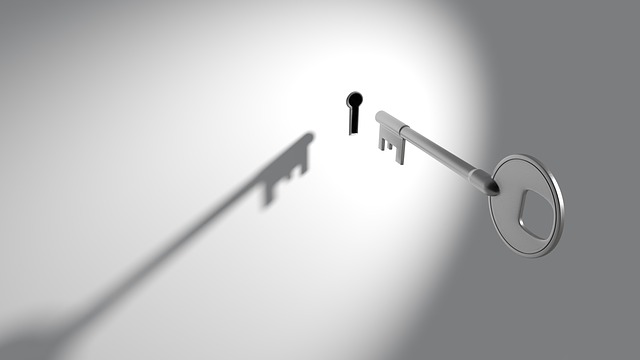Web security is essential to keep hackers and cyber-thieves from accessing sensitive data. Without a proactive safety approach, companies risk spreading and escalating malware, attacking other websites, networks, and other IT infrastructures. If a hacker succeeds, attacks can spread from desktop to computer, making it hard to discover the source. Why is Web security important? The answer to your question is as follows.
Why is the safety of the website so essential?
Your website is your brand, your storefront, and often your first customer contact. If it is not safe and secure, those critical company connections can be compromised. The threats can come in many ways – infecting a website with malware to spread that malware to site users, stealing client data such as names and email addresses, stealing loan card and other transaction data, adding the website to a botnet of infected locations, and even hijacking or crashing the site.
A single violation of safety could be a death knell for a small business. Most countries now have rigid legislation on information breaches, and many come with heavy fines, penalties, and other expenses. Even if a safety violation on a small business website does not cause a data breach, if clients find out about it, it can still have an enormous effect on client confidence.
An unprotected website poses a security risk to clients, other companies, and public/government sites. It enables malware to spread and escalate, assaults on other websites, and even attacks against domestic objectives and infrastructure. In many of these assaults, hackers will attempt to harness the combined authority of thousands of PCs and site to launch these assaults, and the attacks rarely lead straight back to the hackers.
What is the most significant move that company owners should take today to safeguard their website?
It’s hard to select just one. Some easy steps are to build a safety plan, even a straightforward one, share it with all involved, and stick to it. Carefully manage your passwords, particularly website access. And keep all PCs and mobile devices free of malware so that they are not used as a launchpad for a website assault. Of course, enrolling in a service like the one we deliver at SiteLock would be intelligent. Even the smallest company is inexpensive yet offers the same kinds of website safety that even the largest company enjoys. Difference between SSL and Sitelock?
Does selecting the correct hosting provider make a difference to web security?
The hosting business is, of course, a key to website safety. The host offers the infrastructure on which the site will be constructed. Just like constructing a house, you need a powerful basis to be secure. It also matters how you build the house, which is an important piece that website owners sometimes don’t completely comprehend. While the host offers the infrastructure, the site also requires being safe.
In reality, websites are now a much more common entry point than servers or networks, accounting for up to 80 percent according to the latest Verizon study. We frequently use the analogy of an apartment complex. The host provides security for the building, so if the front door hangs open and there is no buzzer system, which is the responsibility of the host. However, if you leave your apartment door open,it is still your duty. This is the same with a web host and website proprietor.
Visit us for further information.




